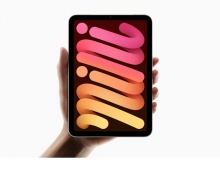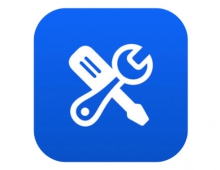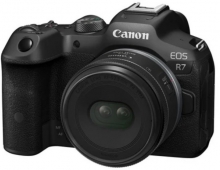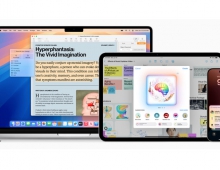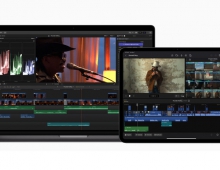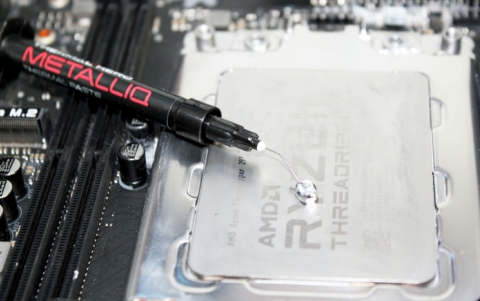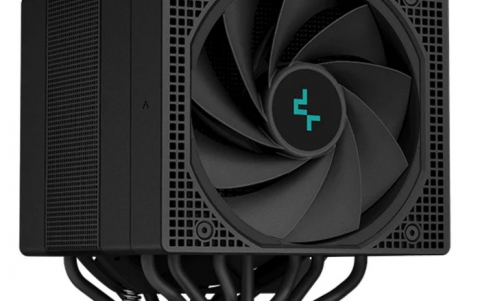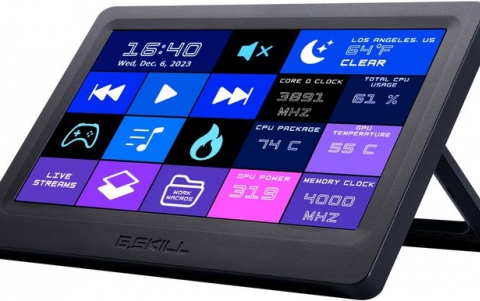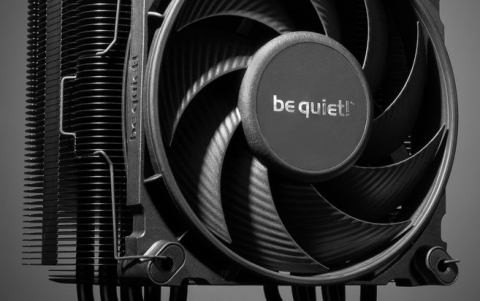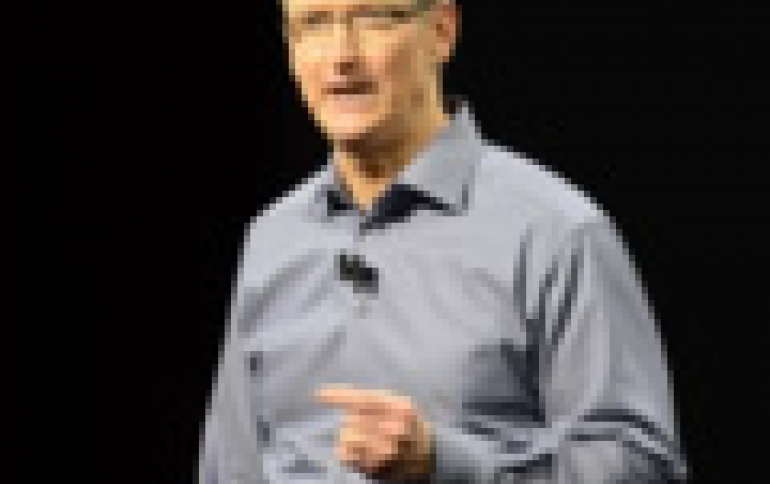
Apple Refuses Judge Order To Unlock California Shooter's iPhone
A U.S. federal magistrate judge on Tuesday ordered Apple to backdoor an iPhone that was used by one of the perpetrators of the San Bernardino shootings in December. Apple is fighting the order, saying that it would compromise the security of all its users around the world. In an open letter on Apple's website , Chief Executive Tim Cook said the court's demand threatened the security of Apple's customers and had "implications far beyond the legal case at hand."
Judge Sheri Pym of U.S. District Court in Los Angeles said that Apple must provide technical assistance to investigators seeking to unlock the data on an iPhone 5C that had been owned by Syed Rizwan Farook.
That assistance includes disabling the phone's auto-erase function, which activates after 10 consecutive unsuccessful passcode attempts, and helping investigators to submit passcode guesses electronically.
Cook said the FBI wanted the company "to build a backdoor to the iPhone" by making a new version of the iPhone operating system that would circumvent several security features.
"The government is asking Apple to hack our own users and undermine decades of security advancements that protect our customers - including tens of millions of American citizens - from sophisticated hackers and cybercriminals," Cook said.
He said Apple was "challenging the FBI's demands" and that it would be "in the best interest of everyone to step back and consider the implications."
U.S. government officials have warned that the expanded use of strong encryption is hindering national security and criminal investigations.
However, this time, the U.S. government is requesting Apple write brand new code that eliminates key features of iPhone security - security features that protect consumer. Essentially, the government is asking Apple to create a master key so that it can open a single phone.



